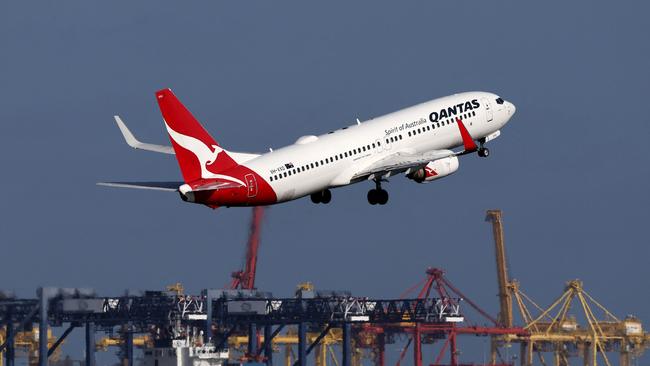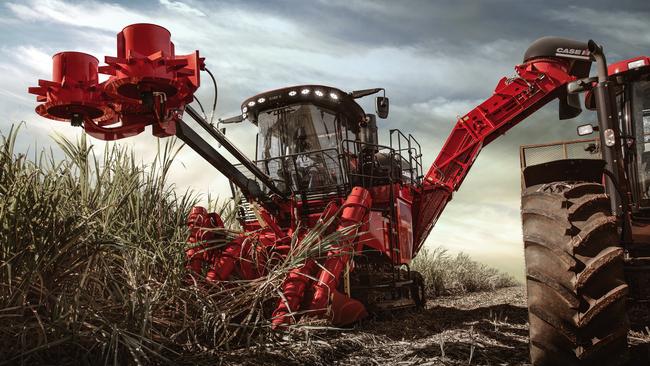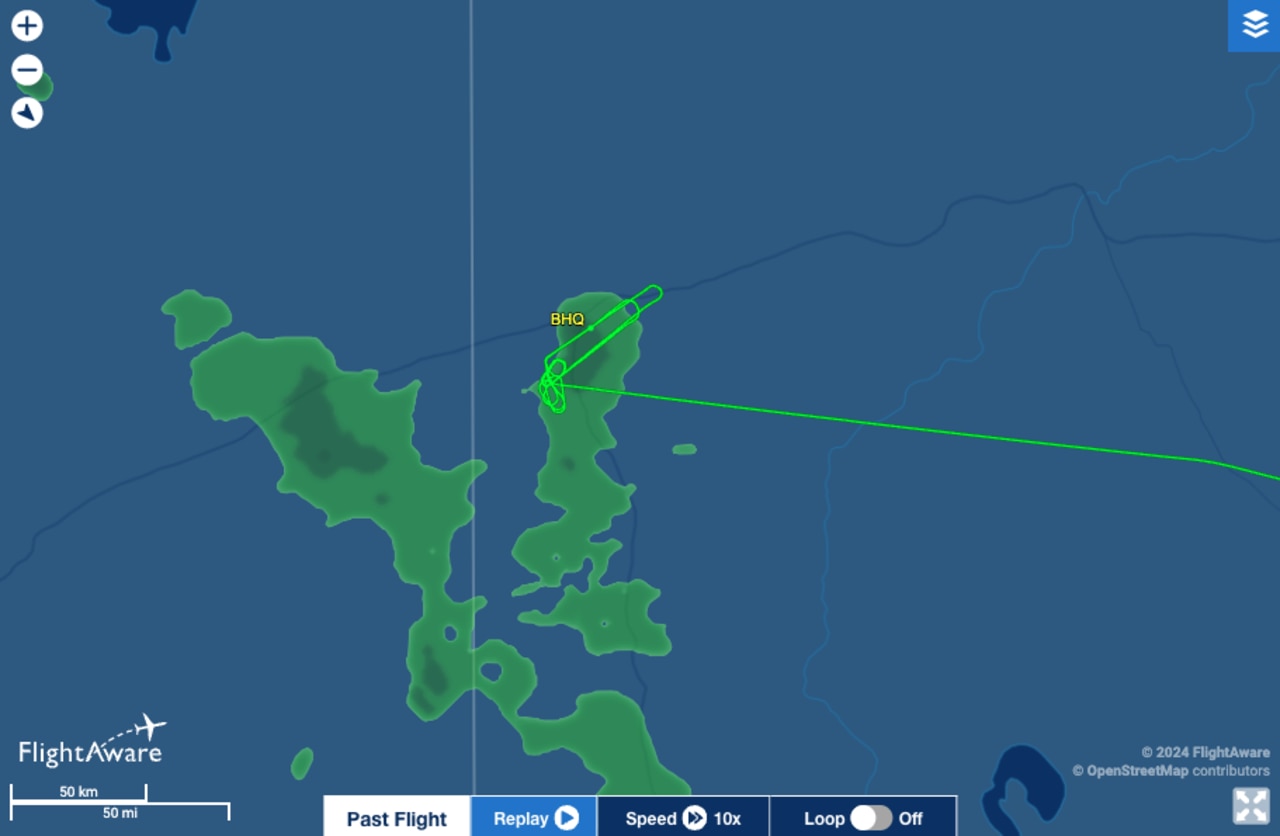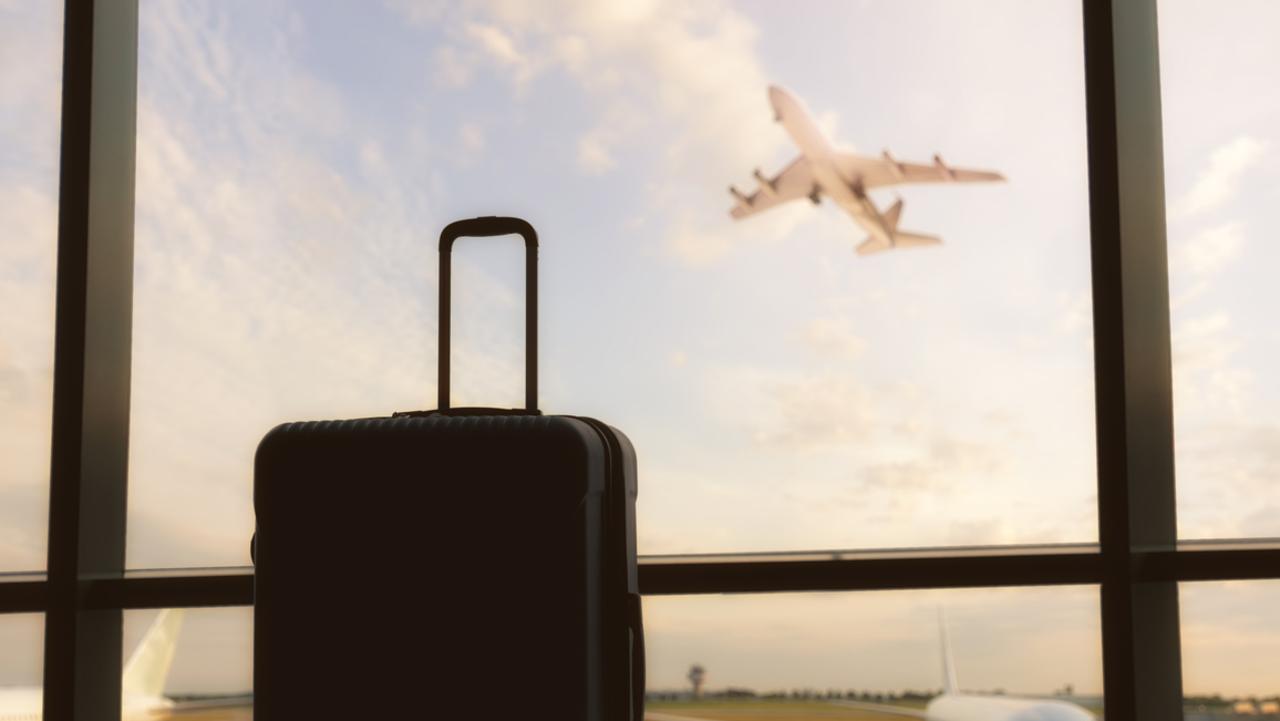Qantas lays out recommendations to drive sustainable aviation fuel industry in Australia
The national carrier is urging the Albanese government to follow the lead of other countries to create a domestic sustainable aviation fuel industry.

Qantas has called on the Albanese government to follow the lead of other jurisdictions around the world and consider mandates and subsidies to drive the creation of a domestic sustainable aviation fuel industry.
In the airline’s response to the government’s Aviation Green Paper released in September, Qantas says the creation of SAF production domestically is key to the decarbonisation of the aviation industry and Australia meeting its emissions reduction targets.
Consultancy firm ICF has forecasted a domestic SAF sector would create 70,000 jobs across Australia and generate $13nm in economic benefits annually by 2040 in addition to increasing Australia’s domestic fuel security.
Qantas chief sustainability officer Andrew Parker said while the airline and other players are already taking material steps to support the establishment of a local SAF industry, a supportive policy framework is critical to drive progress and deliver the benefits.

“The recommendations we’re making combine a number of policies already implemented by other governments and have the potential to deliver significant economic benefits and fuel security in addition to reducing the industry’s emissions,” he said.
“Supporting markets for new fuels through policy will be critical in tackling climate change, and we look forward to working with government and the industry to capitalise on Australia’s significant advantages for SAF production like by products from Queensland sugar cane.”
Policy recommendations Qantas has made include capital support to kickstart new production facilities, implementing a production incentive linked to carbon reduction from fuel to allow domestic producers to compete with overseas markets, and tax incentives and credits to SAF producers.
It also wants the government to mandate that Qantas and other domestic carriers including Virgin Australia, Rex, Bonza and Jetstar source 5 per cent of total fuel from sustainable providers by 2030 and 28 per cent by 2040.
It noted that a number of these policy measures have been introduced by other government globally, such as Japan mandating that 10 per cent of aviation fuel for international flights be SAF and the Federal Blenders Tax Credits in the US.
The government has committed up to $2.05bn through the Fuel Security Service Payments scheme and allocating funding to fast-track refinery upgrades for greater fuel security. But those measures do not mitigate the long-term challenges for aviation, according to Qantas, which noted domestic refining is required to avoid a greater portion of imports and reliance on international supply chains.

Without a commercial-size SAF sector in Australia, Qantas has had to look abroad with deals in place to source sustainable fuel from London and contracts in place to start using it in California from 2025. This is addition a sizeable arrangements as part of deals with Boeing and Airbus from 2028.
In May, it provided seed funding for a project in Queensland that will convert agricultural waste, including sugar cane, into SAF.
Second-generation cane farmer, Alan Barnard, from Gordonvale in Queensland’s north, said that current crop prices were favourable despite low sugar yields, it was important that the industry exported alternative business models.
“Biofuel projects hold promise of boosting revenue for the entire sector, opening new revenue streams for our crops,” he said.
“Supportive demand and supply-side policies from government will be key in encouraging the growth of a domestic sustainable aviation fuel industry, and help realise these broader economic benefits – including for the Australian agricultural sector.”
Locally the transport sector contributed about 19 per cent of the nation’s emissions in 2020 with aviation accounting for 7 per cent of that shares compared to 44 per cent for cars.
Labor wants to reduce greenhouse gas emissions by 43 per cent below 2005 levels before 2030 as part of plans to be net zero by 2050.
The Aviation Green Paper is seeking feedback on aviation matters including competition and consumer protections, but also maximising aviation’s contribution to net zero and the future shape of the industry’s workforce.



